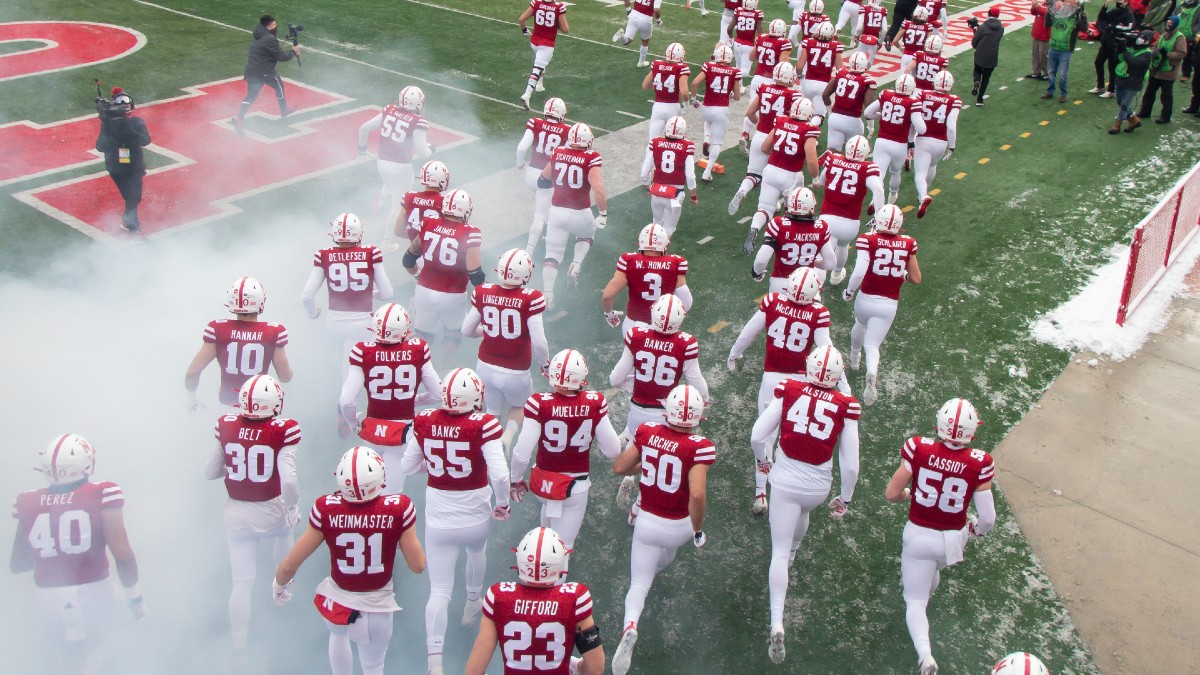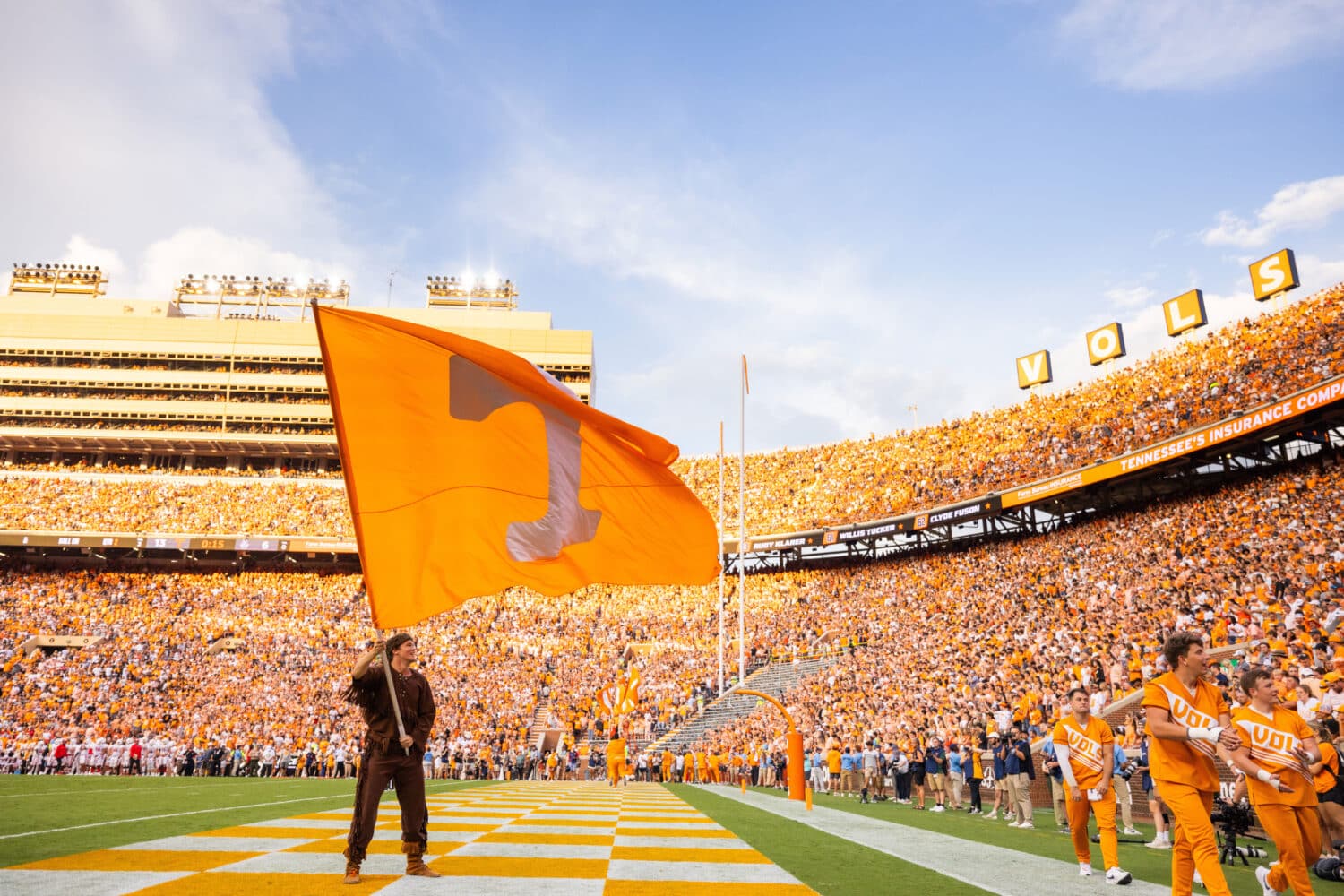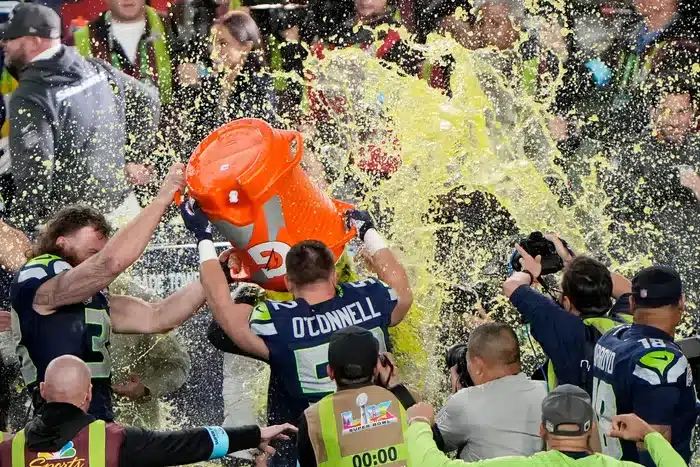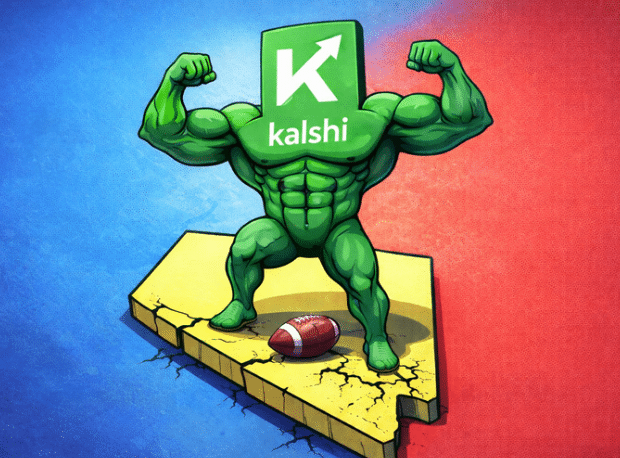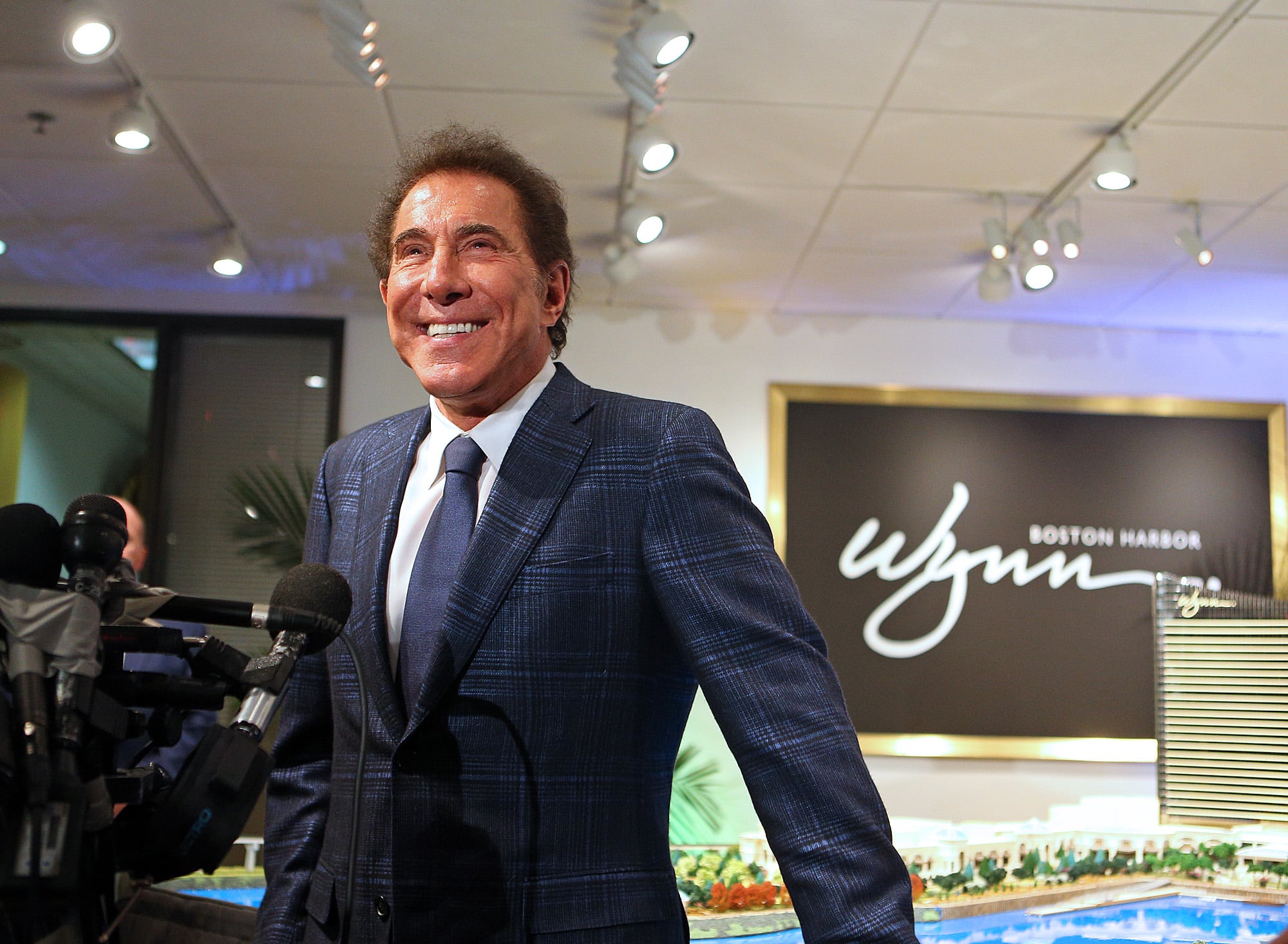
Nevada State Representative seeks to end paperwork for jackpots under $5,000

Democratic Nevada State Representative, Dina Titus, is planning to combat a slot machine tax formula for jackpots over $1,200.
Nevada State Representative Diana Titus introduced a bill a year ago, attempting to change the minimum jackpot regulations, and is pushing this legislation again now.
In 1977, a $1,200 jackpot was a big deal and Nevada was the only state offering legal casino gambling. However, today a casino, tavern, restaurant, convenience store or airport must still prepare a W-2G form reporting any winnings of $1,200 or higher to the Internal Revenue Service.
Representative Diana Titus said in an interview with the Las Vegas Review-Journal, “There was a time when we were trying to get the Treasury Department to do this through regulation, but they never moved, so we’re just going to push the legislation instead.”
She introduced a bill a year ago, but it never made it to a vote.
Titus, head of a gaming caucus, is looking to receive bipartisan support from states that have some form of commercial or Tribal gaming, adding that “the caucus is going to make it a cause.”
When a player hits a jackpot at a slot machine in a casino, attendants are summoned to the machine, which is taken offline, to check the winner’s identification and prepare appropriate paperwork.
Alex Costello, VP of Government Relations for the American Gaming Association, said, “That patron could be sitting for quite a long time waiting for a casino employee to help them with the paperwork.”
In the past, players at Harry Reid International Airport have missed flights while waiting for paperwork assistance.
Costello added, “Our customers are excited to win a jackpot and it takes a little air out of the tires. It certainly is a compliance headache for our operators for the machine to be out of service and to file all this paperwork.” Costello said of 2020 that more than 15 million W-2Gs were filed.
Under Titus’ proposal, the threshold would be raised from $1,200 to $5,000 and indexed to inflation. Costello expects that bill and the slot threshold legislation will be revived within the next two months.
Tags/Keywords
Players trust our reporting due to our commitment to unbiased and professional evaluations of the iGaming sector. We track hundreds of platforms and industry updates daily to ensure our news feed and leaderboards reflect the most recent market shifts. With nearly two decades of experience within iGaming, our team provides a wealth of expert knowledge. This long-standing expertise enables us to deliver thorough, reliable news and guidance to our readers.
